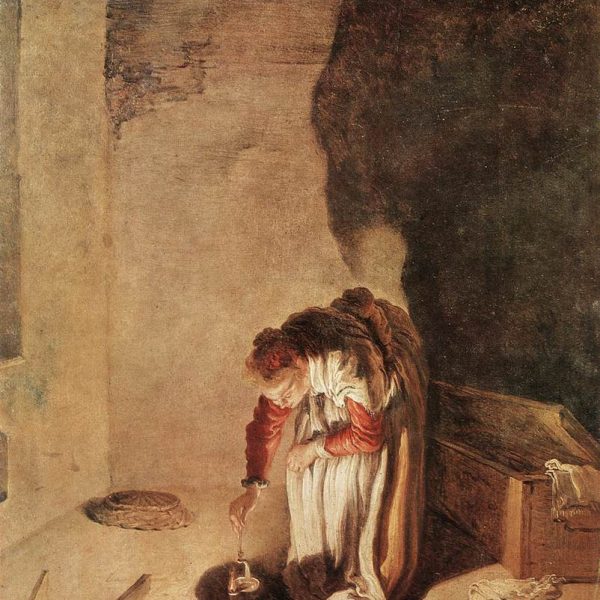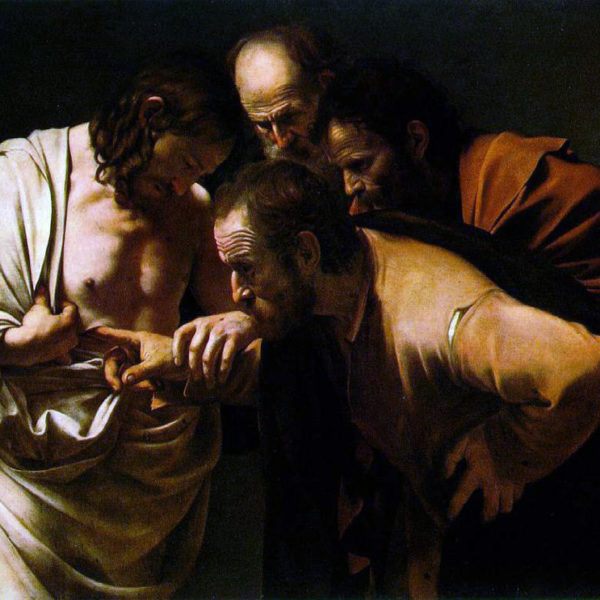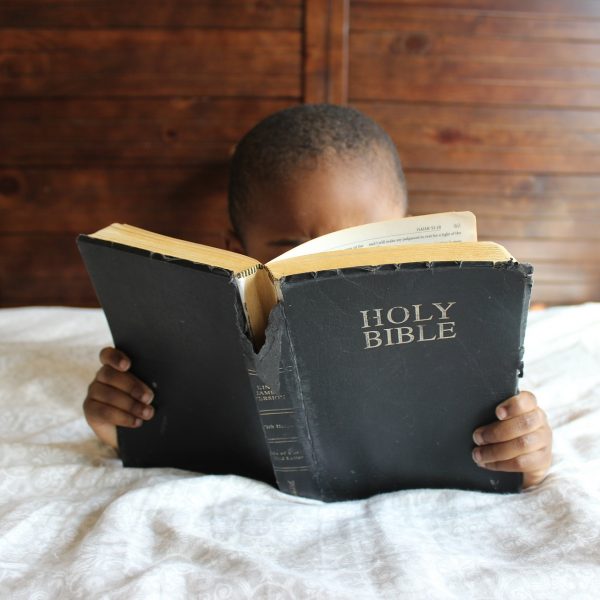
To be personally acquainted with disownment and the discourse of death—simultaneously, from divergent communities—and still desire to be “servant of all” is, perhaps, one way to journey through death on the Way. Nevertheless, Jesus’ teaching to love neighbor and enemy is both beautiful and horrible, not unlike the Christ’s foretelling of his death on the way to resurrection.

Biblical stories about baptism are connected to, but also at odds with, historical theology about baptism as well as the current liturgical practices of baptism. Reading Matthew’s account of Jesus’ baptism together with contemporary theologies offers a glimpse of the radical solidarity of Jesus.
*This post originally appeared on the Politics of Scripture January 2, 2017.

The greatest potential implication of Isaiah 11:1–10 lies in the way it disrupts our expectations of justice, equality, and peace by framing of our narratives of the perfect society and unsullied nature. Rather than Utopia, the passage offers us a vision of a perfectly imperfect world order in absolute harmony.

The two stories of Luke 15:1–10, which we might call “parables of the remainder,” illustrate a core component of the Christian political orientation. That is, they highlight the alternative logic of much of the Judeo-Christian scriptures that urges us to foster solidarity in community through identification with the remainder, with the least of these, and to thereby bring justice and liberation.

Psalm 1 presents the reader with two, mutually exclusive categories of human existence: righteousness and wickedness. However, experience tells us that to be human is far more complex. Rather than simply embracing the psalm’s presentation of life, we might enter a dialogue instead, one wherein we consider what it might mean to be formed by attending to others rather than reifying our existing in-groups.

Rather than portraying human difference as the punishment of God, Babel and Pentecost are complementary stories, each highlighting God’s intention for cultural and linguistic diversity. As we draw near to Pentecost Sunday, may we also consider the inherent value of language as a cultural identity marker and partner as advocates for language preservation.

In our own world, the Bethesda story reminds us of the fact that social and economic systems meant to assist the needy often keep them in poverty. Our story suggests that the 40 million Americans who live in poverty will need to doubt and challenge the system, and to look for help outside of it. Further, our sermons will need to speak life into death as a reminder that there is life beyond the system.

The familiarity of the 23rd Psalm can blind us to the striking political dimensions of its message: YHWH is the shepherd of the king, protecting him from enemies and granting his kingdom prosperity. Close reflection upon this psalm may also suggest some significant applications within the contemporary world.



